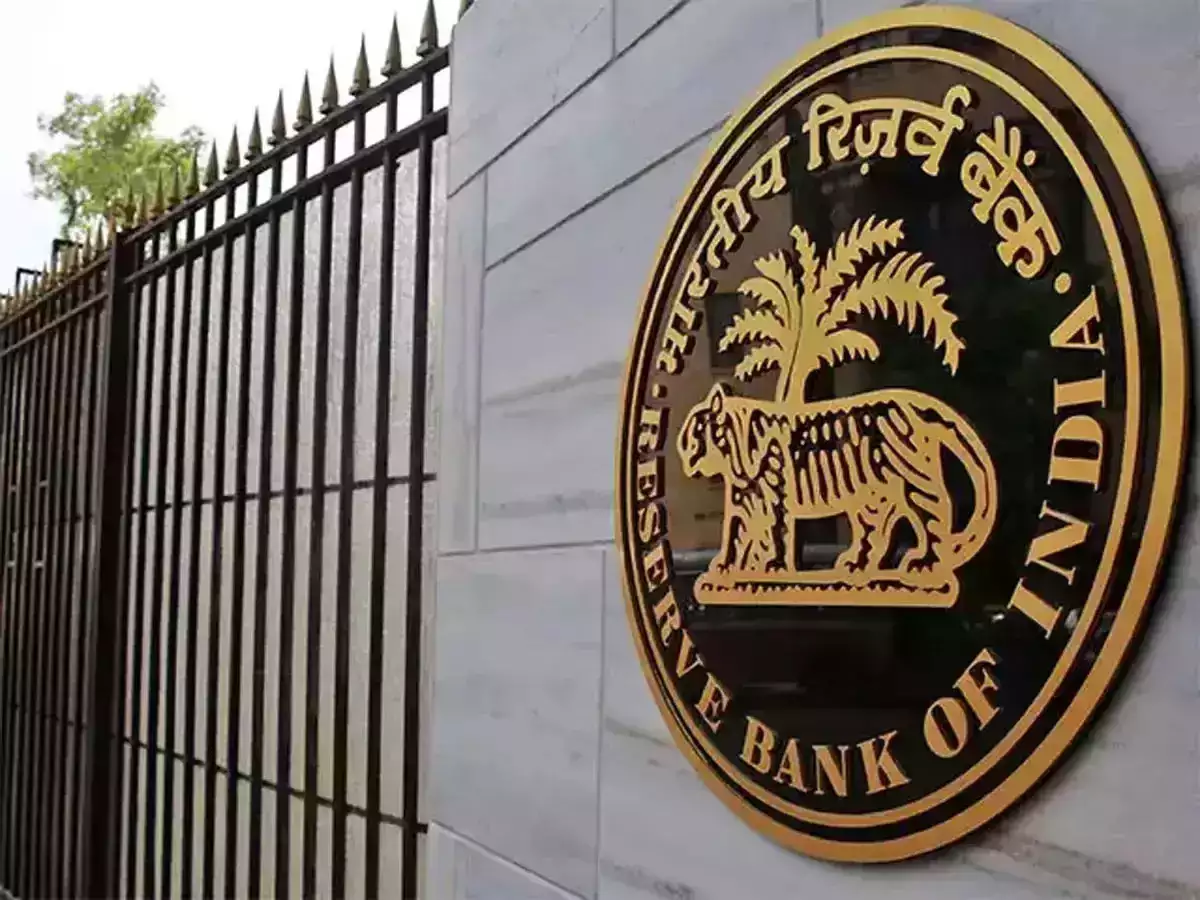The Reserve Bank of India (RBI) has discussed the possibility of $100 billion in capital outflows from India in the event of a major global risk scenario or “black swan” event.
What exactly is a ‘black swan’ event?
A black swan event is a rare and unpredictable event that has a significant impact on society or the world. These events are said to have three distinguishing features: they are extremely rare and outside the realm of normal expectations, they have a severe impact after they occur, and they appear probable in hindsight when plausible explanations emerge.
How did this term originate?
Nassim Nicholas Taleb, an author and investor, proposed the black swan theory in 2001, and it was later popularized in his 2007 book, The Black Swan: The Impact of the Highly Improbable. It was named one of the twelve most influential books published since World War II.
Until 1697, when a Dutch explorer discovered the first black swan in Australia, Europeans assumed all swans were white. The term “black swan event” refers to an unprecedented spotted event in the 17th century that changed the Western world’s perception of swans.

Events that occurred in the past
Taleb’s book predated the 2008 global financial crisis, which was precipitated by a sudden crash in the booming US housing market. The fall of the Soviet Union, as well as the terrorist attack on the United States on September 11, 2001, fall into the same category.














